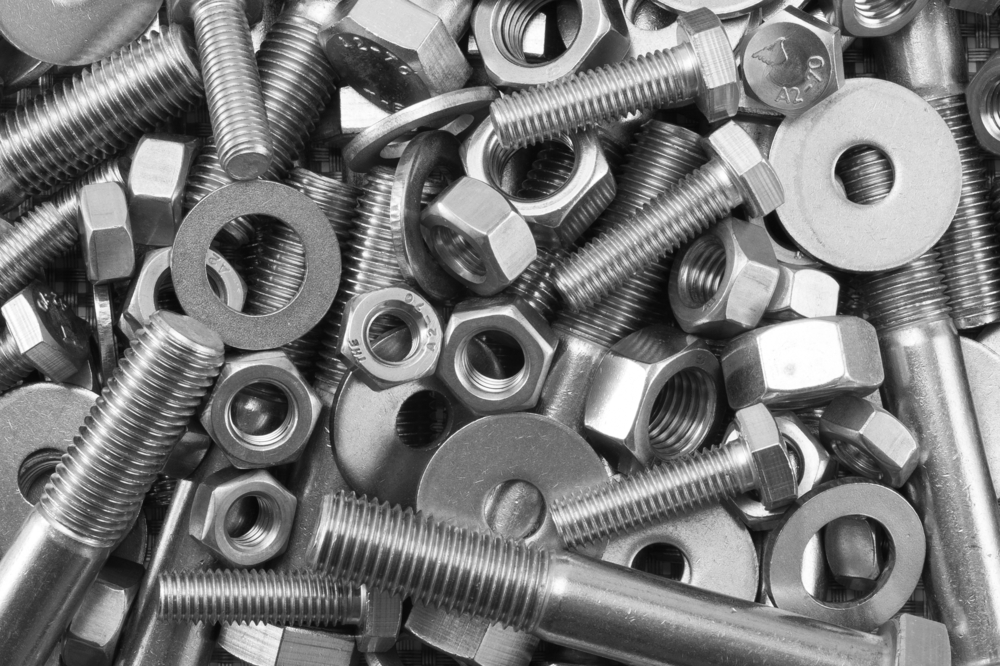Choosing the right stainless steel fastener for your application is not always easy. There are many different grades of stainless steel to choose from, with each offering unique benefits and drawbacks. That’s why we’re here to break down the differences between stainless steel fasteners, including their various applications and what sorting you can expect each type to be most useful for undefined applications. Steel fasteners are an ideal choice for any kind of application which requires durability, strength, and corrosion resistance. This article discusses the different types of stainless steel fasteners and how to choose the right one for your application.
What is a Stainless Steel Fastener?
A stainless steel fastener is a type of bolt used to connect two pieces of metal. It is strong, durable, and resists corrosion. Types of stainless steel bolts include right-hand threads, left-hand threads, or straight threads. Stainless steel fasteners are often the best option when precision is important because they offer a tighter seal than other types of bolts. A stainless steel fastener is a type of bolt that’s made from a metal alloy called “stainless steel”. This type of material doesn’t rust, which makes it perfect for maintaining a clean surface. Stainless steel is an excellent choice for applications that are exposed to the elements.
Types of Stainless Steel Fasteners
Stainless steel fasteners are available in many different shapes, styles, and sizes. They are generally manufactured to one of the following standards; ISO 9001, ANSI B18.6.1, ASME B18.6.2, DIN 933, EN 10272-1:2010+A1:2010 (incorporating EN 10272-2:2012), or BS 4320 (BSF). The type of stainless steel fastener you need will depend on what it is being used for and what materials it will be attached to.
How to choose the right one for my application
The following things should be taken into account when choosing a fastener:
- The type of steel being used in the project. Stainless steel is a popular choice because it doesn’t rust, corrode, or tarnish easily.
- The material that will be joining with the fastener. Generally speaking, the harder the material the better. This is to ensure that there are no potential problems arising from corrosion.
- The type of installation method being used. There are various ways to install a fastener, but each one has its own unique considerations
Tips for choosing a stainless steel fastener
It’s important to know the difference between a threaded fastener and a non-threaded fastener. Threaded fastener screws into a hole or nut and can be tightened with a wrench. A non-threaded fastener is usually more convenient, as it does not require drilling a hole for installation. Read more about different types of stainless steel fasteners to find the one that is right for your application. It’s important to make sure that the fastener is compatible with the application, environment, and project requirements before purchasing it. For example, if you need a fastener that can withstand high temperatures, look for one that is made of titanium, has a serrated drive head, or has protective coatings.
Conclusion
There are many factors to consider when choosing the right fastener for your application. We do not recommend you purchase fasteners without considering the material, size, and strength of the fastener. These considerations can make or break your project with one bad decision.
It is important to choose the correct stainless steel fastener for your application.


Recent Comments